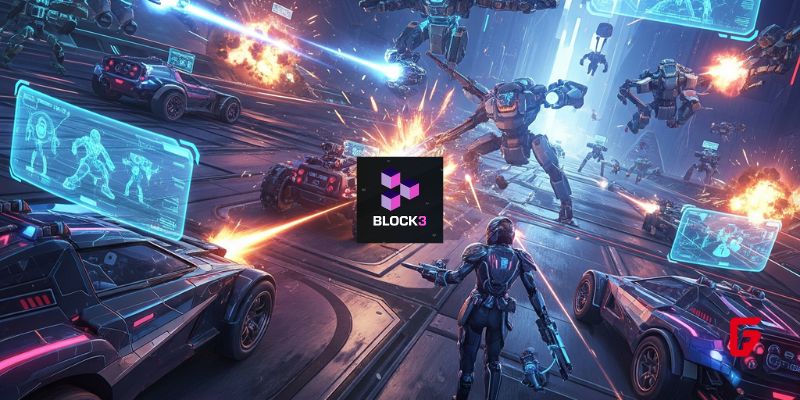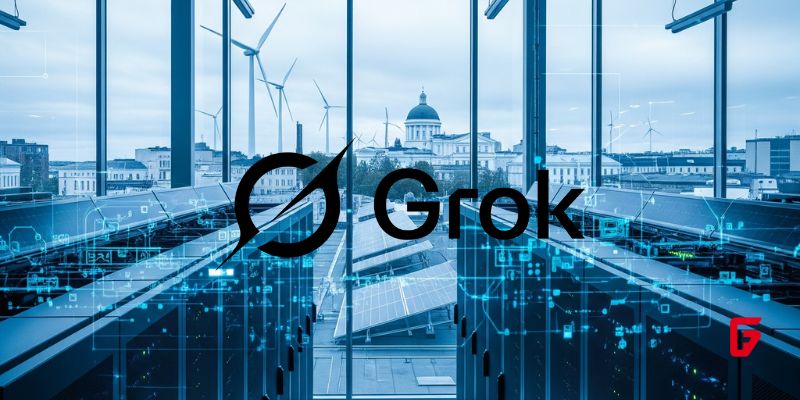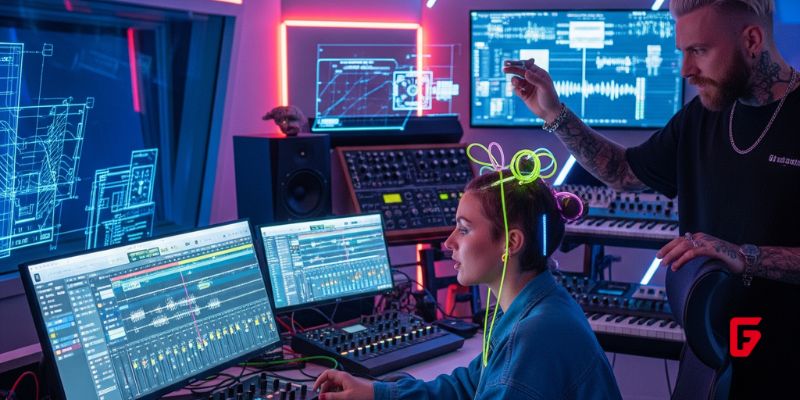
By Leonardo Miller | Senior Contributor
Cryptocurrency has gained significant attention in recent years due to its potential to revolutionize the financial industry. However, the energy consumption required for mining cryptocurrencies, particularly those that use proof-of-work algorithms, has a negative impact on the environment.
In this article, we will explore the concept of emission factors and how blockchain technology can be used to mine sustainability data. We will also discuss the potential for creating sustainable cryptocurrency tokens that promote environmentally responsible practices.
Emission factors are numerical values used to calculate the amount of greenhouse gases released into the atmosphere as a result of certain activities. These values are used to calculate the carbon footprint of an activity or industry. For instance, transportation and manufacturing are examples of activities with high emission factors that contribute to environmental pollution.
Cryptocurrency mining, particularly proof-of-work algorithms, requires significant amounts of energy that lead to carbon emissions. This energy consumption has a negative impact on the environment, contributing to climate change and other environmental issues.
Blockchain technology can be leveraged with sensors to collect and analyze data on various environmental factors, such as air quality or water pollution. This data can then be used to inform sustainable practices and policies. Blockchain technology also provides a transparent and accountable system for monitoring and reducing emissions, leading to more environmentally responsible cryptocurrency mining practices.
Blockchain technology can be used to create new cryptocurrency tokens that have sustainability goals baked into their design. For instance, a sustainable token could reward individuals or companies for reducing their carbon footprint or using renewable energy sources. Sustainable tokens can promote environmentally responsible practices and incentivize a more sustainable cryptocurrency ecosystem.
While cryptocurrency mining has a negative impact on the environment through its energy consumption, blockchain technology has the potential to be a powerful tool for promoting sustainability. Emission factors and blockchain technology can be leveraged together to mine sustainability data and create sustainable cryptocurrency tokens that promote environmentally responsible practices. With these solutions, the cryptocurrency ecosystem can transition to a more sustainable and accountable system for mining and conducting financial transactions
Leonardo Miller is an accomplished professional with over 10 years of experience in developing teams, products, and business ideas. His expertise lies in utilizing a wide range of technologies and integrations to solve complex business challenges and transform emerging technologies into profitable ventures. Leonardo is certified in internationally recognized project management certifications (PMI, PMP) and has licenses in leading Agile and Scrum methodologies (Scrum Inc – Scrum Master, Product Owner). He is also certified in Lean Six Sigma.

Sakana AI’s TreeQuest introduces a new era of multi-model AI collaboration, combining the strengths of leading language models for smarter, more accurate solutions. Learn how this open-source framework is changing the future of artificial intelligence.

Gradient Labs has secured €11M to scale its AI customer service automation, promising top-tier compliance, operational efficiency, and superior customer satisfaction for regulated sectors.

AI-designed cancer drugs are entering human trials, signaling a major advance in oncology. Discover how artificial intelligence is accelerating cancer drug discovery and what this means for the future of precision medicine.
Austrian startup Hololight lands €10M to advance XR pixel streaming, delivering immersive cloud-based XR to any device—no powerful hardware needed.

Real-time AI video generation is revolutionizing digital entertainment and virtual communication, delivering immersive, interactive, and accessible experiences for creators and audiences alike.

Block3 introduces a prompt-to-game AI engine, enabling users to create and own Web3 games and assets with generative AI and blockchain integration.

Groq expands into Europe with a new Helsinki data center, bringing low-latency AI inference, sustainable energy, and compliance for European enterprises.

The UK Space Agency has announced a £75M mission to remove space debris and protect vital satellite networks.

Mozart AI launches a next-gen digital audio workstation, empowering artists with AI co-production, natural language commands, and creative control.

Chatlyn lands €8M to build the industry’s first AI-powered visual webchat, unifying hotel guest communications and streamlining bookings with advanced automation.

India’s rapid progress in space technology is making affordable launches and advanced satellite services available to the global market, positioning the nation as a leader in the new space economy.

Paris-based Massive Dynamic has raised €3M to accelerate AI-driven automation in digital marketing, enhancing campaign efficiency and analytics for brands.
futureTEKnow is focused on identifying and promoting creators, disruptors and innovators, and serving as a vital resource for those interested in the latest advancements in technology.
© 2025 All Rights Reserved.
To provide the best experiences, we use technologies like cookies to store and/or access device information. Consenting to these technologies will allow us to process data such as browsing behavior or unique IDs on this site. Thanks for visiting futureTEKnow.